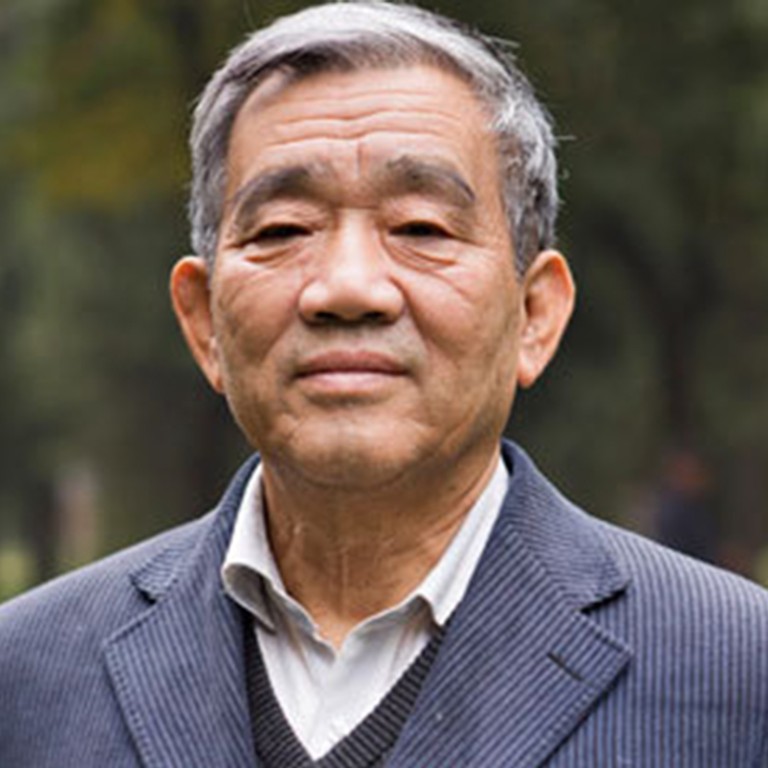
Chinese censor pushes liberal magazine to brink of closure, says former chief editor
Yang Jisheng, who was forced to leave 'Yanhuang Chunqiu', criticises draconian rules, but magazine's publisher, Du Daozheng, vows to carry on
The former chief editor of the mainland’s most liberal political magazine has lashed out at the country’s top censor, accusing it of forcing the publication to the brink of closure.
Yang Jisheng, who was ordered to leave Yanhuang Chunqiu by his former work unit Xinhua at the start of this month, said in a letter to the State Administration of Press, Publication, Radio, Film and Television dated June 30 – his last day at work – that the draconian censorship rules imposed by the administration on the publication “have forced it into a corner”.
Yang confirmed on Thursday that he had written the letter, but said he had not made it public. He declined to comment further.
Yanhuang Chunqiu, known for its first-hand accounts that contest official versions of Communist Party history, has for years been under pressure to soften its editorial stance. But it managed to maintain a relatively liberal line because of the support of dozens of retired party elders, mostly in their 80s and 90s, who joined the party in their youth for its then democratic aspirations.
It has faced closer scrutiny then ever amid a tightening of ideology in recent years, although liberal party elder Xi Zhongxun, the father of President Xi Jinping, endorsed the magazine.
Yang’s letter said administration’s demands that articles related to 15 topics must be submitted and approved before publication made it impossible for Yanhuang Chunqiu and similar journals to function.
The topics include “important documents regarding the party and the state”, “the publications, lives and work of past and present party and state leaders”, “party and state secrets”, “ethnicity and religions”, “military defence and historical warfare”, the Cultural Revolution and “important historical events and historical figures in Communist Party history”.
He wrote: “These topics are not clearly defined – they are unworkable.”
The administration issued a warning in April over 37 Yanhuang Chunqiu articles that supposedly breached its rules because they had not been submitted for prepublication approval, but Yang said some were articles previously published in books or newspapers.
Yang argued that the magazine had already censored itself for a decade, pledging to the authorities it would not to touch upon eight “sensitive” areas: multiparty democracy, separation of powers, stories on party leaders and their families, Tibet and Xinjiang pro-independence rhetoric, the 1989 Tiananmen crackdown and religious issues.
“Please leave the popular Yanhuang Chunqiu a little bit of space to survive,” he said at the end of his letter.
In another letter to the magazine’s editorial board and readers, Yang wrote: “Times are changing. Maybe one day, under our opponents’ pressure, Yanhuang Chunqiu may have no choice but to perish.
Yet publisher Du Daozheng, 91, who has taken on Yang’s role since his departure, vowed the magazine would keep going.
“We will be more understanding of our country’s difficulties ... and be more careful. But our stance and mission will stay unchanged,” Du said.
He said the magazine would continue to embrace the reform and opening-up principles of a party plenum in 1978, supporting economic and political reform.
“If we have to change, then please close our magazine,” Du said.
Calls to the administration went unanswered on Thursday.

